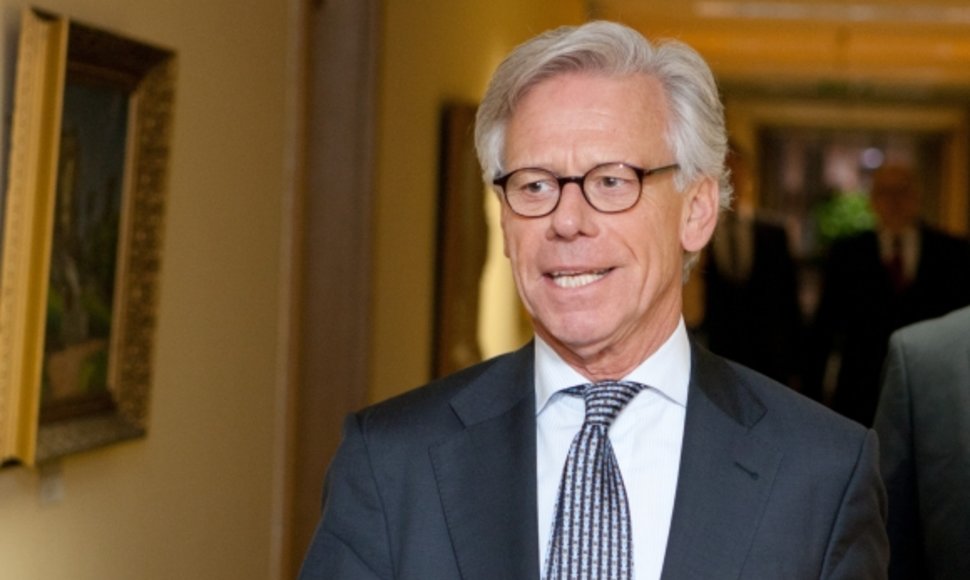Following a meeting with Lithuanian President Dalia Grybauskaitė, the commissioner, however, expressed delight over the Lithuanian Ministry of Education and Science's openness in implementing the law, and added that a solution would be found.
"I think there are some uncertainties in the education law because it was recently passed, but I think there is openness to look at in the implementation of this law," Vollebaek told journalists.
"And I am certain that we are able to find ways and means for both reaching the overall goal of the government to have a new education law, but also taking into account concerns of the Polish minority," the commissioner said.
Vollebaek, however, avoided straightforward answer to whether he had received complains about the new Law on Education from other ethnic minorities in Lithuania.
The OSCE commissioner said he couldn’t disclose recommendations to the government that he prepared after a visit to Lithuania last November. But he underlined that he was satisfied with the way Lithuanian authorities responded to them.
"What I'm happy and satisfied with is that the government seems to take my recommendations seriously. They have told me they appreciate them, they're working on them, they're looking into them and that they will have an answer when I come back later," the Norwegian diplomat said.
His next visit is scheduled for late March.
Vollebaek also mentioned that meetings with the Polish community during his visit were constructive.
"I felt there was no doubt that representatives of the Polish community are Lithuanian and are proud to be Lithuanian citizens. They want to be part of Lithuania but they are concerned that this law should not be introduced in a hasty way, depriving their children of the best possible education they need to become good Lithuanian citizens and also to preserve their Polish heritage, language, and traditions that they care so strongly about," the OSCE representative said.












